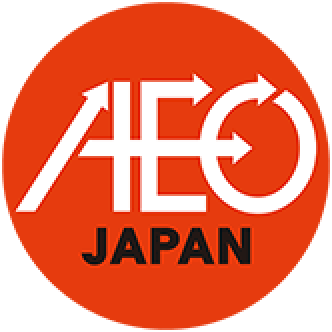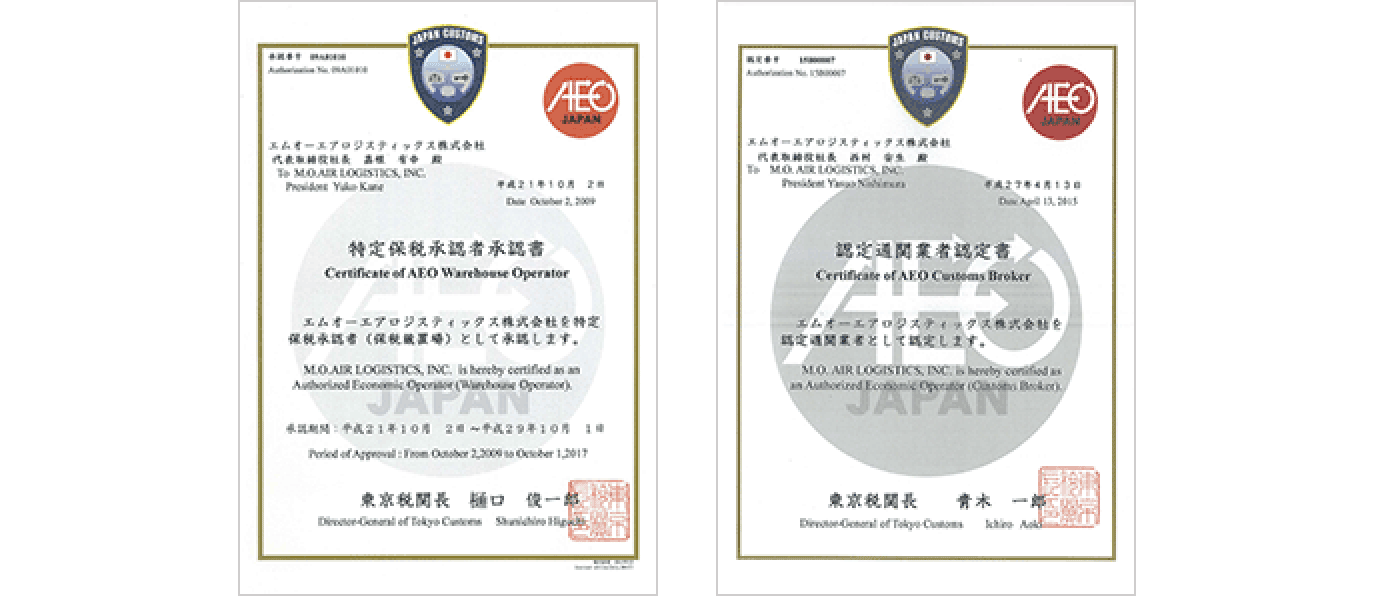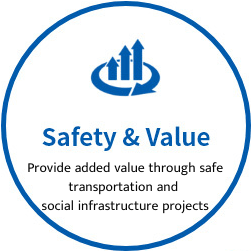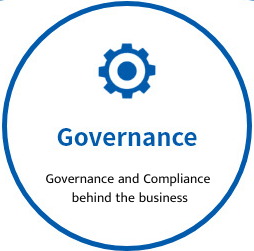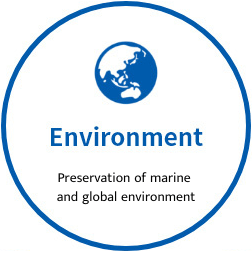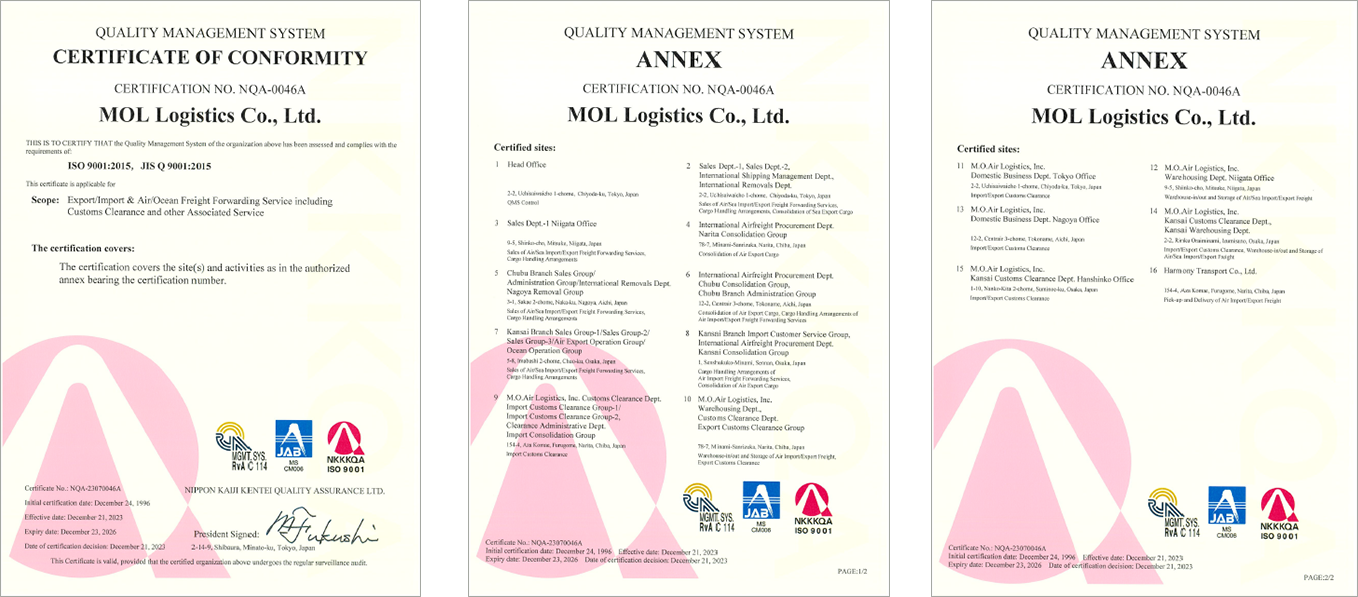The internet has brought massive changes to the way we communicate and do business, but has also brought problems such as unauthorized access by hackers, computer viruses, and data breaches, which have been occurring frequently. Because of the scale of the potential impact, both internally and externally, defense of corporate information has emerged as a critical issue.
MOL Logistics established the “Rules of Electronic Information Security” and “Standard Electronic Information Security Measures” in 2008, and “Smart Device Standard Terms of Use” in 2015 to establish information security measures more clearly, in line with our corporate responsibilities, in addition to taking conventional methods to ensure the security of information and communication systems and devices. We continue to work toward more comprehensive information management.
